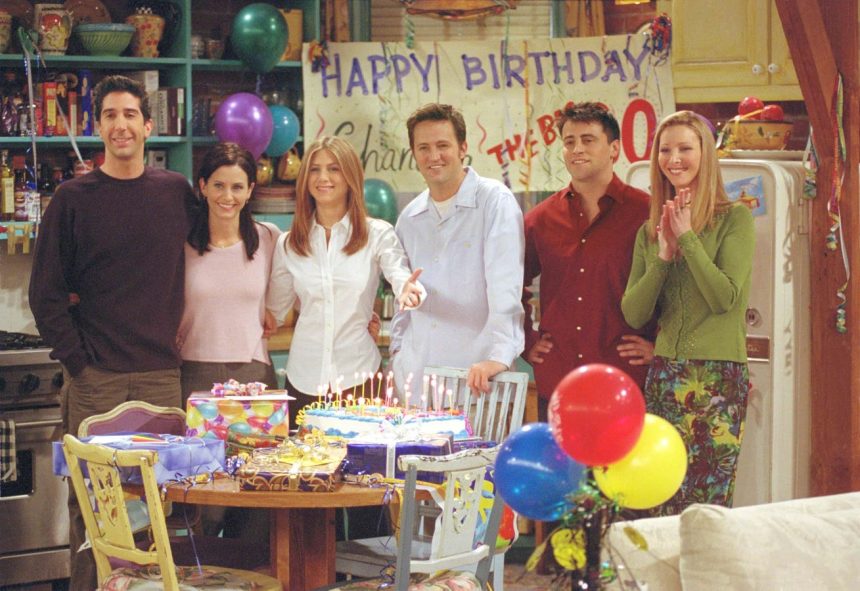It is amazing how much we can accumulate. I don’t have just a junk drawer, but I should clean out all my drawers and closets. Stuff seems to multiply. Maybe we are collectors or maybe we inherited possessions passed down to us. Regardless, once we have lived in a house for decades things can pile up—even if we keep stuff in tubs.
After people retire, they often think about downsizing—moving to a smaller place. But another way to view downsizing is to edit or curate. This is an intentional practice of deciding what to keep and what to let go of. In other words, a cleaning of our internal inventory, which can include curating our relationships, practices and habits, activities and involvement, and beliefs.
This process can be as challenging as letting go of physical items because our internal inventory is embedded into our lives. For instance, while decreasing our possessions is important, most of us don’t think about downsizing our relationships—the time we spend with people.
Curating Relationships
I tend to be a “best friend forever” (BFF). Over the years, I have accumulated lots of friends and acquaintances. But it has been hard for me to learn that not everyone is a BFF or has the same definition or expectation of what it means to be a friend. Someone said to me a few years ago, “Think of relationships as a tapestry. Some threads are meant to last and deserve to be mended if broken. Other threads break and it is time to let them go. Together the threads weave a tapestry of your life.”
As we get older, we usually have more people in our lives who need time and attention such as grandchildren. Since we only have 24 hours in a day, it is challenging to maintain all our relationships. We need to prioritize. On the other hand, it is important to maintain your real friendships because it is harder to make friends as adults. Retirement is a great time to take stock of your relationships and focus on the ones that matter most.
Recently, one of my friends had a detached retina in one eye. Healing was a longer process than she imagined. When I asked her how she was doing, she said, “My eyesight is fine now, but my clarity is perfect. I am clear about how I want to spend my time and with whom.”
Another friend has had several serious health issues during the past year. She told me, “I had a lot of time to think and process life. I discovered who my real friends are and who makes me feel better in their presence.”[EP1]
The political and polarizing environment in which we are living and working has caused rifts among families and friends. “According to the American Psychological Association, 30% of adults limit time with family members because they don’t share the same values, and 77% describe the future of the nation as a major source of anxiety.”
One of the great gifts of getting older is discernment. We can decide our level of engagement and with whom we associate. In my coaching practice, I advocate how important it is to make intentional choices and decisions—particularly about how you spend your time and with whom. Choose to surround yourself with positive people of all ages.
Since retirement is often consists of unstructured time, it can be a time of boredom or isolation. I have known people who buy second homes on the beach or near the mountains and every night can feel like a vacation and a cocktail party. Cocktail napkins about drinking tell the story such as “Friends are just therapists you can drink with.” It can be easy to fall into bad habits with good friends as their behaviors are reinforced within the friend group. It might be time to downsize some of these unhealthy relationships.
Sahil Bloom, author of “The Five Types of Wealth,” is a thought leader in the field of personal development. In one of his recent newsletters, he uses the Biblical Parable of the Sower to emphasize the impact of relationships. Bloom says it is critical to “plant yourself in the fertile soil necessary to grow.
- Surround yourself with positive, kind, authentic people
- Invest in mentors who shine a light on your path
- Embrace a growth mindset in all areas
- Set boundaries that protect your energy and peace
- Create space for stillness and reflection
- Remove “weeds” that threaten to harm your soil
Make no mistake. Relationships are critically important as we get older. And making friends as an adult isn’t easy. We want to nurture and sustain the relationships that lift us up. But we may need to discern our friend and family groups to make sure the relationships are healthy for us at this stage in life.
While relationships matter, Bloom says to choose wisely. “Your environment creates your reality.”
Read the full article here




